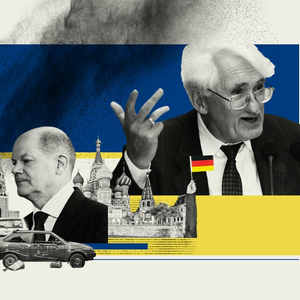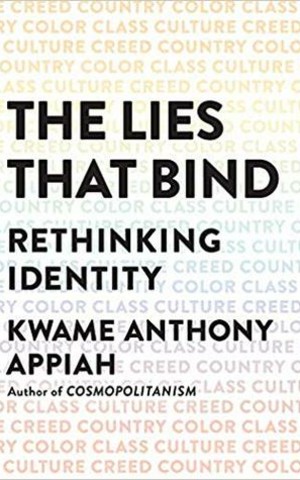
Identity
Most recommended content
See AllFeatured creators
See Alltelepresent
Philosopher and writer. Has written about political philosophy, ethics, the philosophy of language and mind, and African intellectual history. Former Laurance S. Rockefeller University Professor of Philosophy at Princeton University.
Observer columnist & chief leader writer, Prospect associate editor & Analysis presenter, Radio 4.
Nikolai Vasilyevich Gogol (1 April [O.S. 20 March] 1809 – 4 March [O.S. 21 February] 1852) was a Russian novelist, short story writer and playwright of Ukrainian origin.Gogol was one of the first to use the technique of the grotesque, in works such as "The Nose", "Viy", "The Overcoat", and "Nevsky Prospekt". These stories, and others such as "Diary of a Madman", have also been noted for their proto-surrealist qualities. According to Viktor Shklovsky, Gogol's strange style of writing resembles the "ostranenie" technique of defamiliarization. His early works, such as Evenings on a Farm Near Dikanka, were influenced by his Ukrainian upbringing, Ukrainian culture and folklore. His later writing satirised political corruption in the Russian Empire (The Government Inspector, Dead Souls). The novel Taras Bulba (1835), the play Marriage (1842), and the short stories "The Tale of How Ivan Ivanovich Quarreled with Ivan Nikiforovich", "The Portrait" and "The Carriage", are also among his best-known works.
Many writers and critics have recognized Gogol's huge influence on Russian, Ukrainian and world literature. Gogol's influence was acknowledged by Mikhail Bulgakov, Fyodor Dostoevsky, Ryūnosuke Akutagawa, Mikhail Saltykov-Shchedrin, Flannery O'Connor, Franz Kafka and others.
I am Nico Buitendag, a doctoral candidate at Kyoto University in International Law. Here you can find material relevant to my academic research and my podcast.
English sociologist known for his theory of structuration and holistic view of modern societies. Author of at least 34 books published in at least 29 languages. Considered one of the most prominent modern sociologists.





